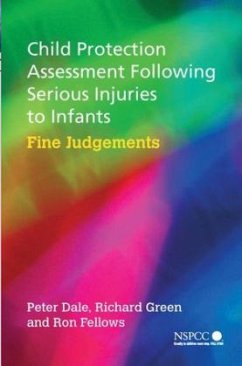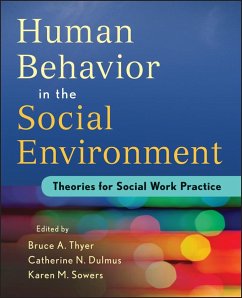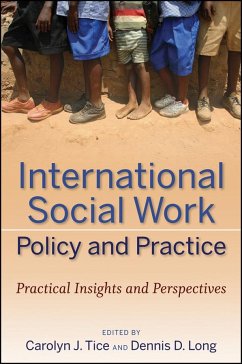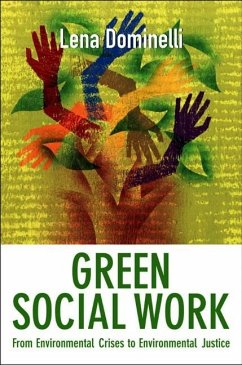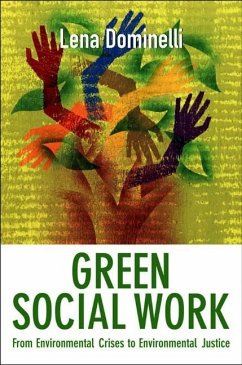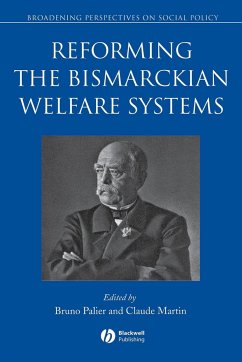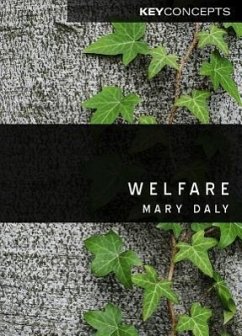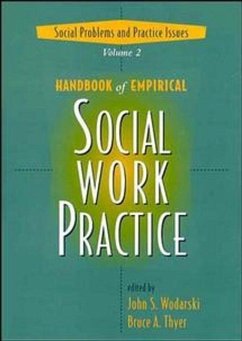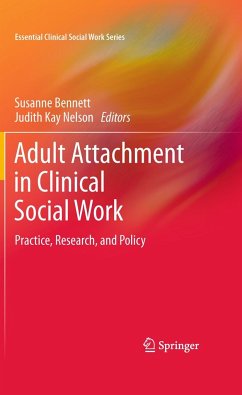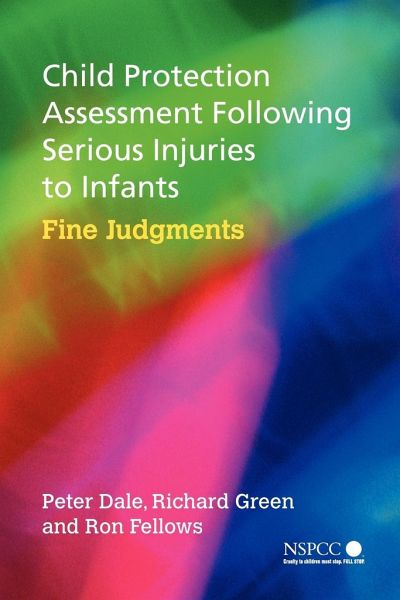
Child Protection Assessment Following Serious Injuries to Infants
Fine Judgments
Versandkostenfrei!
Versandfertig in über 4 Wochen
62,99 €
inkl. MwSt.
Weitere Ausgaben:

PAYBACK Punkte
31 °P sammeln!
This text offers analysis, based on the authors' research, of child protection decision-making in cases where babies and infants have sustained serious injury and where the parents' explanation is not borne out by medical opinion. The issues associated with this problem are central to the whole of child protection practice. The text looks at: the nature & interpretation of the injuries, the contexts of the families, the types of explanations for the injuries. Crucially, it also considers issues relating to good and bad practice, and makes specific recommendations about decision-making in this context.
'This book is especially welcome because of the scholarship and thoughtfulness evident throughout.' Dr Peter Reder, Child Psychiatrist, London
How do child protection professionals and courts make judgments on whether serious injuries to infants are due to abuse? If injuries are considered to be the result of abuse, in what circumstances can it be considered safe for the infant to return home?
Child Protection Assessment Following Serious Injuries to Infants is concerned with helping child protection professionals and courts make the right decisions and avoid errors that can have disastrous consequences for children and families.
Drawing upon the extensive clinical and research experience of the authors, this authoritative text:
_ Reviews research on the causes of child abuse and problems in diagnosing abuse.
_ Examines the views of parents who consider that they have been wrongly accused of child abuse.
_ Draws specific attention to the need to assess potential for change in families and considers in detail how this can be achieved.
_ Highlights skills issues that are necessary for undertaking appropriate assessments.
_ Identifies key factors that are indicative of reunification in some cases, and factors that contraindicate reunification in others.
With its evidence-based approach, this book will be a valuable resource for all child protection professionals. It will also be of use to health professionals, legal professionals, researchers, lecturers and students of social work.
How do child protection professionals and courts make judgments on whether serious injuries to infants are due to abuse? If injuries are considered to be the result of abuse, in what circumstances can it be considered safe for the infant to return home?
Child Protection Assessment Following Serious Injuries to Infants is concerned with helping child protection professionals and courts make the right decisions and avoid errors that can have disastrous consequences for children and families.
Drawing upon the extensive clinical and research experience of the authors, this authoritative text:
_ Reviews research on the causes of child abuse and problems in diagnosing abuse.
_ Examines the views of parents who consider that they have been wrongly accused of child abuse.
_ Draws specific attention to the need to assess potential for change in families and considers in detail how this can be achieved.
_ Highlights skills issues that are necessary for undertaking appropriate assessments.
_ Identifies key factors that are indicative of reunification in some cases, and factors that contraindicate reunification in others.
With its evidence-based approach, this book will be a valuable resource for all child protection professionals. It will also be of use to health professionals, legal professionals, researchers, lecturers and students of social work.





